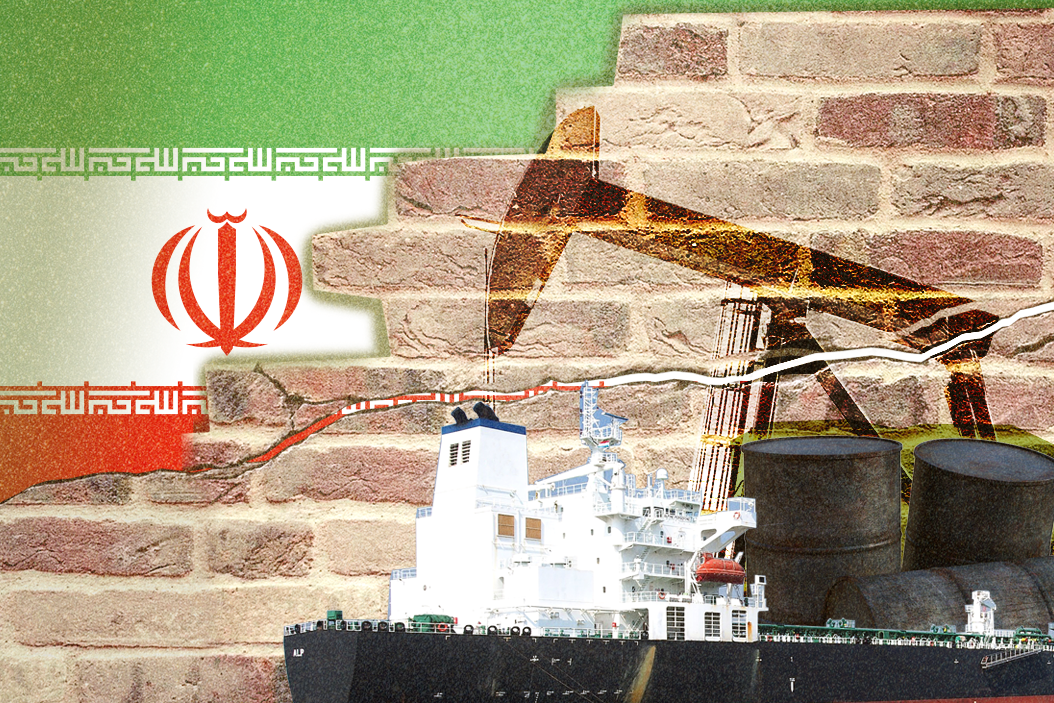Iran was involved in two naval incidents in the Gulf of Oman in recent days. The US, UK, and Israel have blamed Iran for a drone attack that killed two European nationals. Iran has rejected the accusations. Iran is also suspected in the "potential hijack" of a tanker off the coast of the United Arab Emirates.
These provocations are happening just as Iran inaugurates a new president, Ebrahim Raisi, and as talks continue over the possible US re-entry into the 2015 Iran nuclear deal. What's the connection between these events? We asked Henry Rome, Eurasia Group's deputy head of research and a director covering global macro politics and the Middle East.
WS: Iran was involved in two naval incidents in the Gulf of Oman in recent days that have provoked anger and concern in Israel, the UK and US. This is happening at a time when negotiations over the revival of the 2015 nuclear deal is reaching a critical point. Are these two facts related? If so, how?
HR: The attack on the Israeli-linked ship appeared to be the latest salvo in the decades-long shadow war between Israel and Iran, which will proceed whether there's a nuclear deal or not. The second incident is murkier, but it appears that Iranian forces tried and failed to hijack the ship. This could've been aimed at somehow building leverage in the talks, or as a reminder to Iran's neighbors of its capabilities, or something else altogether. We just don't know at this stage.
WS: We know there are differences of opinion inside Iran's leadership over the nuclear deal. Are those opposed to the deal trying to provoke a response from the US, Israel, or UK that will kill the agreement?
HR: I don't buy the idea that there's a rogue faction within the Iranian state creating hostilities to undermine diplomacy. On matters of strategic importance, like the nuclear deal, the state acts as a unitary actor. And, as of now, Supreme Leader Ali Khamenei remains publicly supportive of the agreement, with conditions. Now, is it possible these incidents create circumstances that end up making a revival of the deal impossible? Yes, absolutely.
WS: How might that happen?
HR: If a ship linked to the US is attacked, or if an American crew member on a ship is killed, the political space for the negotiations in Washington will evaporate, at least in the near term. It will be very challenging for the Biden administration to proceed with sanctions relief in the immediate aftermath of such an incident.
WS: Does Iran's new president change the dynamic here? Beyond his public statements, where do his interests really lie?
HR: On the nuclear issue, Raisi seeks refuge in the statements of [Supreme Leader Ali] Khamenei, and he and his team have refrained from going beyond vague comments. So, there's a lot we don't know at this point. But Raisi probably does have a real political interest in sanctions relief to give the economy some breathing room early in his term. Of course, the only way to get sanctions relief is to negotiate over the nuclear program.
WS: In one sentence, will there be a return to the nuclear deal? Why or why not?
HR: Yes, I think so; the path to a deal was never going to be easy or immediate, but the logic is compelling for both sides to get to yes eventually.